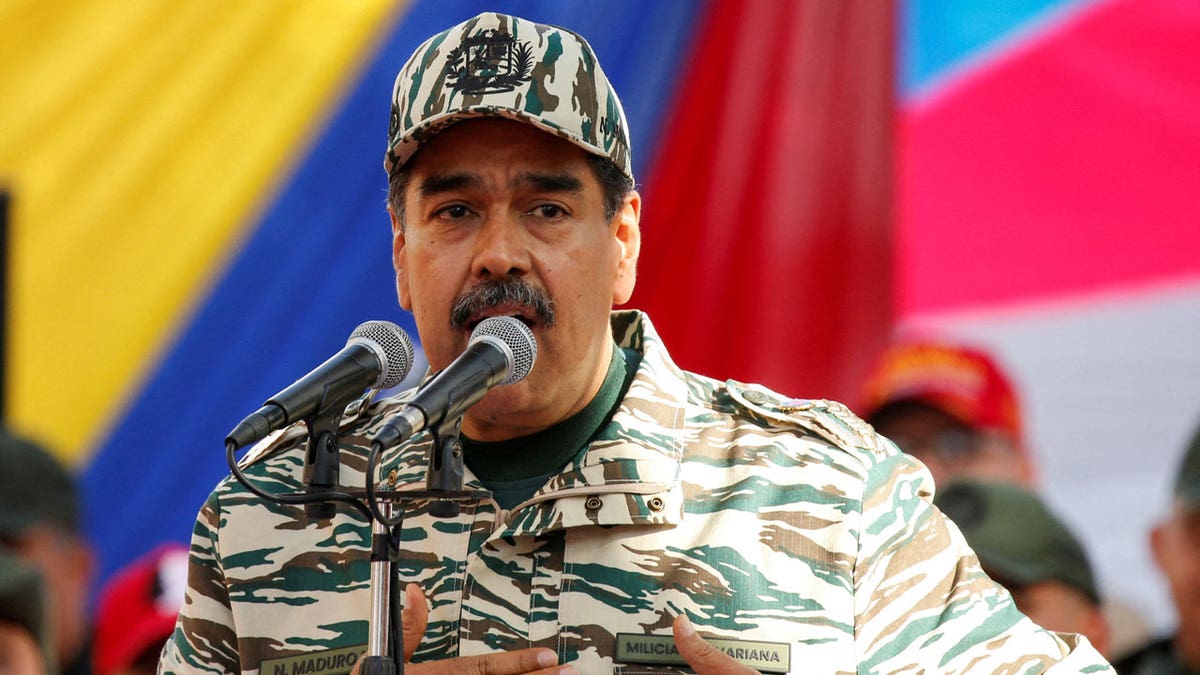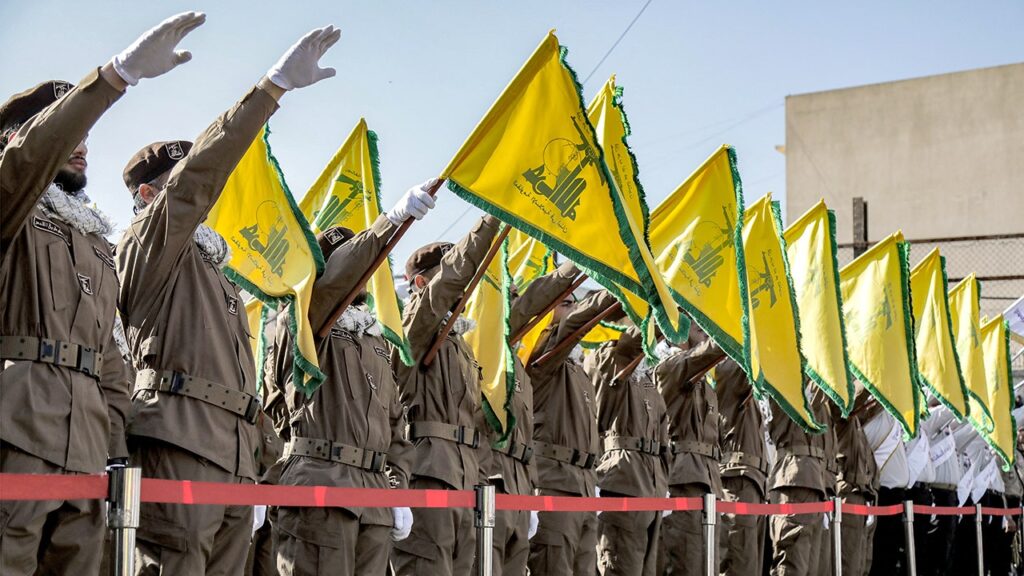NEWYou can now listen to Fox News articles!
The deadly U.S. strike in the Caribbean this week is being cast by experts as the latest move in a broader campaign to dismantle Iran and Hezbollah’s growing narco empire in Venezuela.
U.S. officials say Tren de Aragua works closely with the Cartel of the Suns — a network of Venezuelan military elites long accused of moving cocaine in collaboration with Hezbollah.
White House spokesperson Anna Kelly told Fox News Digital that “President Trump has taken numerous actions to curtail Iran’s terrorist proxies like Hezbollah, such as sanctioning senior officials and financial facilitators. The President has proven that he will hold any terrorist group accountable that threatens the national security of our country by smuggling narcotics intended to kill Americans.”
Brian Townsend, a retired DEA special agent, told Fox News Digital, “This was a decisive blow against narco-terrorists,” and said Hezbollah’s role is rarely visible but essential, “They don’t get their hands dirty. Instead, they launder and provide networks to help cartels send money through the Middle East. Simply, they take a cut from the drug trade, which then funds their operations in the Middle East.”
HEGSETH ISSUES STARK WARNING TO DRUG TRAFFICKERS FOLLOWING US MILITARY STRIKE ON VENEZUELAN VESSEL
Townsend added that Hezbollah has become “a main finance and money launderer for narco-terrorism groups like Tren de Aragua,” ensuring that when cocaine moves, Hezbollah-linked facilitators are often processing at least part of the proceeds.
Dani Citrinowicz, a senior fellow at Israel’s Institute for National Security Studies, said Hezbollah’s reach depends heavily on the region’s Lebanese diaspora. “Most of the Shia diaspora, at least in Central and South America, is Lebanese,” he told Fox News Digital. “Hezbollah is the connector between the diaspora and Iran.”
Citrinowicz said the group uses family ties, language and community institutions to cement its influence across Latin America. “They appoint imams, fund religious centers and control educational programs … through these networks, Hezbollah can interact with local cartels, sell drugs, and channel the profits back to Lebanon through elaborate schemes.”
He said this role as a connector makes Hezbollah indispensable to Iran’s strategy in the Western Hemisphere. “The connection starts and ends with enmity towards the West in general, specifically to the United States,” he said. “As long as Maduro is there, the Iranians will be there. But if Maduro goes, Iran will lose the most important stronghold of its activity in Latin America.”

MADURO CLAIMS US SEEKS ‘REGIME CHANGE THROUGH MILITARY THREAT’ AMID CARIBBEAN BUILDUP
Townsend stated the partnership works for both sides. “Iran’s partnership with Maduro enables Hezbollah to operate in Venezuela. Iran gets to safely operate, through Hezbollah, in the West without prosecution, and Maduro and his officials get paid well. Ultimately, Iran uses and exploits Maduro. Maduro doesn’t care — he and his friends benefit financially.”
Both experts pointed to state complicity as the key enabler. “Under Maduro and Chávez, Venezuela has become a major transshipment hub for Colombian cocaine,” Townsend said. “There have been several indictments in the U.S. and Treasury OFAC designations that tie senior government officials directly to the use of state infrastructure — ports, air bases, even military convoys — to move massive shipments of cocaine. Cartel of the Suns, high-ranking military officers, run and protects these shipments. Who launders all of this drug money? Hezbollah.”
Citrinowicz emphasized Iran’s investment in Venezuelan power structures. “The enhancement is illustrated by several aspects: first and foremost, the military cooperation, especially Iranian factories building UAVs for the Venezuelan army, and constant Quds Force flights from Iran through Africa toward Venezuela,” he said. “Iran is also teaching Venezuela how to bypass sanctions and has invested billions into the economy.”
Experts say Washington’s best leverage lies in choking the finances. “We need to aggressively target and choke these financial networks,” Townsend said. “The priority is to attack the financial and logistical networks, indict everyone we can and pressure Maduro. If we can cut off the financial arteries, the cocaine won’t be as profitable.”
Citrinowicz agreed that the strike fits into a broader effort. “By weakening Maduro, the U.S. weakens the Iranian presence in Latin America and weakens Iran’s ability to threaten U.S. soil,” he said. “The best way to weaken Venezuela is also to aim against the Iranian presence over there.”
For Washington, experts say Hezbollah’s narcotics empire in Venezuela is no longer just a regional problem. It is increasingly being treated as a direct threat to America’s security at home.
Read the full article here


